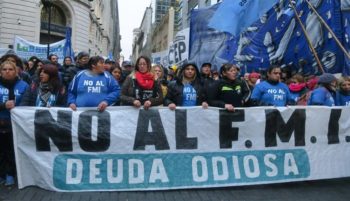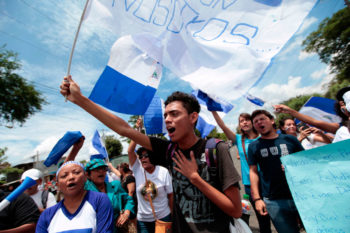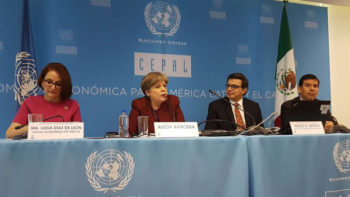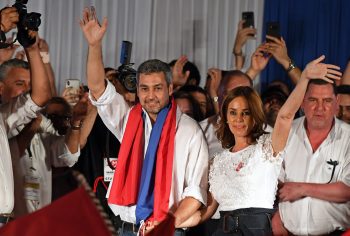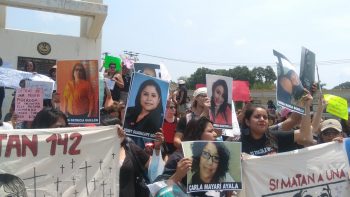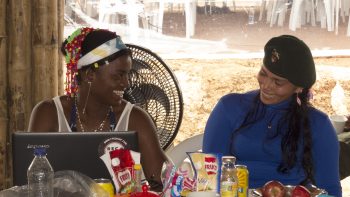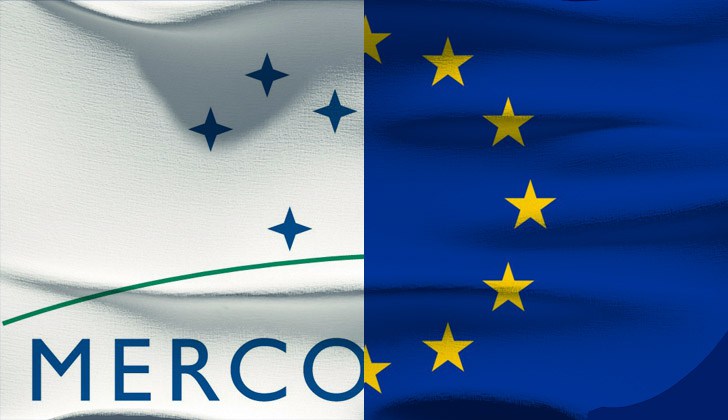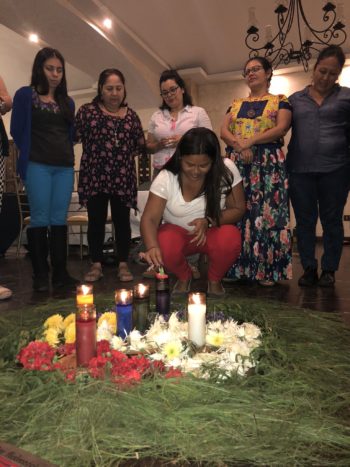
Central American Women Are Fighting Extractive Industries on their Land—and Winning
The battle to stop the spread of extractive industries pits indigenous and peasant communities against powerful business interests, backed up by politicians who encourage the foreign investments that convert millennial ways of


